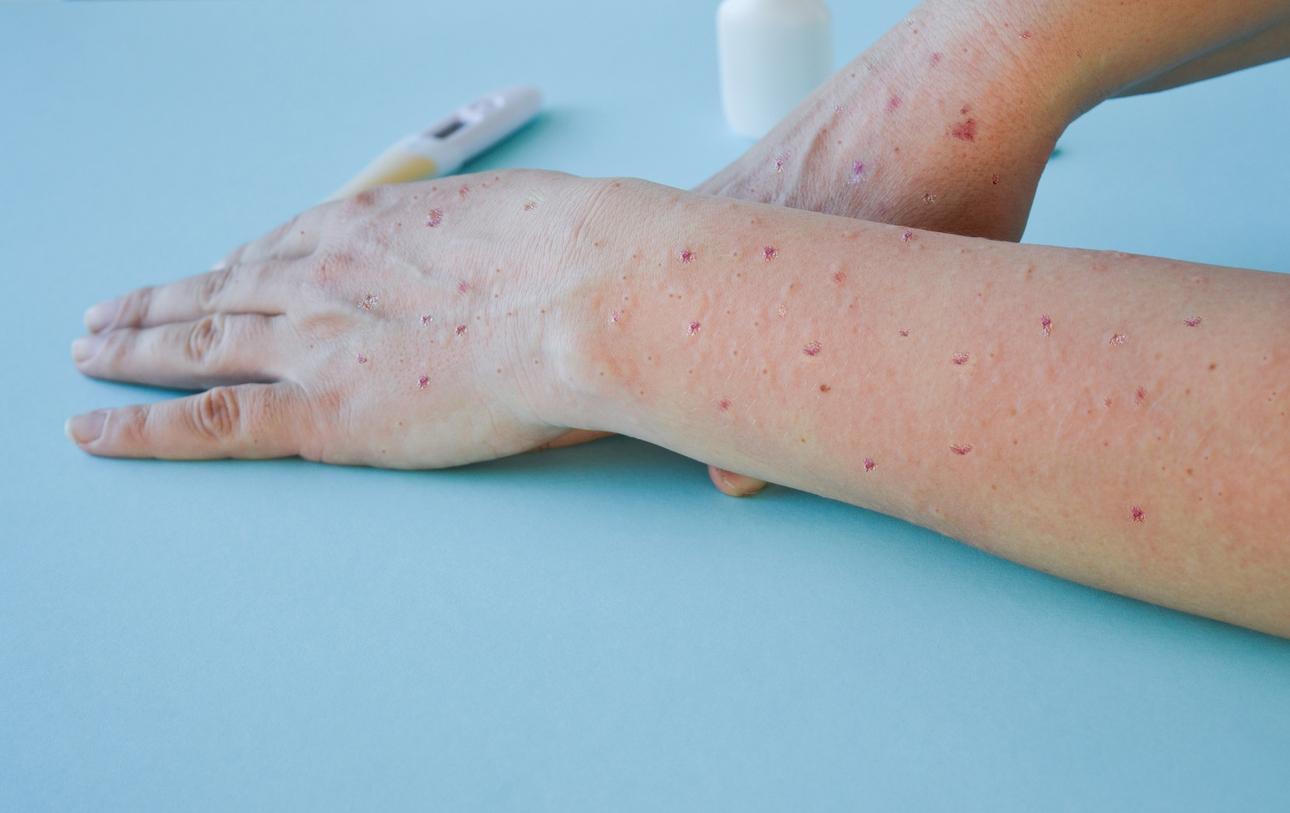The World Health Organization (WHO) has revised its international classification of diseases to include burnout.

Long considered a vague medical concept, burnout has just been recognized as a real illness by the World Health Organization (WHO). On the occasion of its 72nd World Health Assembly, the organization revised its international classification of diseases (ICD-11) to include mental illness. This change will be effective from January 1, 2022.
Chronic occupational stress
Burnout is defined here as a disease “resulting from chronic occupational stress that has not been properly managed”. According to the UN body, the phenomenon has three components: “feelings of loss or exhaustion”, “increased mental distance from work or feelings of work-related negativity or cynicism”, and a ” decrease in professional efficiency”.
Many testimonies also report a fairly clear break in mental balance. “One afternoon in February 2017, I cracked up”, says on the Huffington Post Morgane Giuliani. “To say I’ve had it is an understatement. When I thought I couldn’t go any lower, there was always a dark new corner of my brain to happily welcome me into self-deprecation, angst and depression.” Burnout thus differs from anxiety disorders or depression.
parental burnout
The WHO links this mental pathology to work of course, but also to the education of children. We can then officially speak of “parental burn-out”, a concept already widely used on social networks.
The very existence of burnout is often questioned by employers or authorities. The Minister of Labor Muriel Pénicaud thus affirmed at the microphone of France Inter on May 7 that burnout “was not an occupational disease”. On October 22, 2017, the Minister of Health Agnès Buzyn explained: “Today, it turns out that it is not a disease. It is a set of symptoms and, therefore, it is very difficult to decide that it is an occupational disease”.
The Institute for Health Monitoring (InVS) estimate that 30,000 people are affected in France, but other sources estimate the number of victims to be much higher. All social backgrounds are affected.
.















